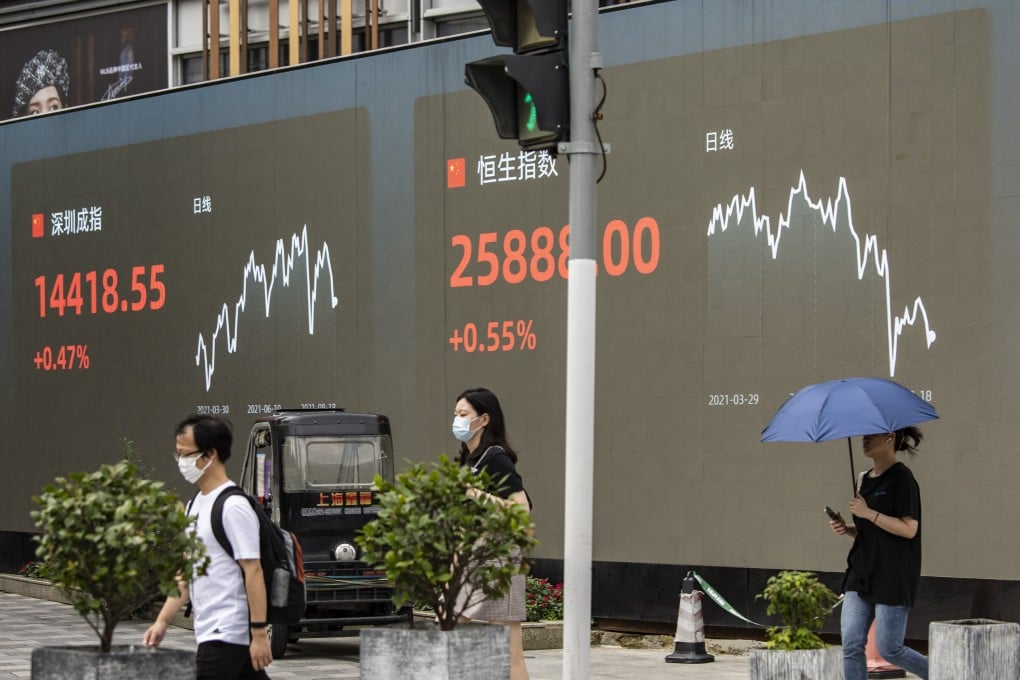Advertisement
China Briefing | Beijing has stopped the panic in China’s stock markets, but it must do more to convince investors
- Intervention to calm panic is welcome but took too long, coming only after 16 months of intense crackdowns, including on tech giants Tencent and Alibaba
- The rhetoric must now be matched with concrete actions if investors and businessmen at home and abroad are to be reassured
Reading Time:5 minutes
Why you can trust SCMP
4

Over the past year, watching how China’s policymakers address mounting economic woes and bleeding stock markets has been not unlike watching a disaster movie in which one sees a crisis looming on the horizon but can only sit and watch until its gathering strength and intensity threaten to overwhelm, before the characters on screen finally take action.
Advertisement
There had been expectations that the Chinese leaders might signal a roll-out of robust market-friendly policies to support the economy and shore up confidence at the annual sessions of the parliamentary National People’s Congress and the advisory Chinese People’s Political Consultative Conference held from March 4 to March 11.
After all, the annual “Two Sessions” are the ideal occasion as China’s elites gather to map out economic and social development goals for the year. Chinese leaders have already warned that the economy this year will face the triple risks of subdued consumer demand, massive disruptions of supply chains because of Covid-19 restrictions, and weakening expectations. The housing bubble has burst and China’s intense crackdown on some of the country’s biggest and best technology companies has scared off investors and raised more pessimism about the country’s overall economic direction. Moreover, the latest spike in Covid-19 cases and Russia’s invasion of Ukraine – and the subsequent tough sanctions by Western countries – have contributed to an even gloomier outlook.

But if China’s leaders including President Xi Jinping were concerned, they hardly showed any sign of it in public during those seven days of meetings. Among other things, Xi talked up the importance of self-sufficiency in grain production. At his last annual press conference as premier following the close of the NPC session on March 11, Li Keqiang was largely subdued and reflective, promising to create more jobs and offer more tax cuts and rebates to micro and small firms hit hardest by Covid-19 restrictions.
In the subsequent trading days, market panic worsened as the Ukraine war dragged on, prompting even more brutal sell-offs in the Chinese bourses and in Chinese companies listed in Hong Kong, New York and elsewhere.
Only on March 16 did Beijing intervene to calm the markets and reassure investors with a promise of a slew of measures after the previous day saw domestic stocks slumping to 21-month lows and Chinese mainland firms listed in Hong Kong to 2008 lows.
Vice-Premier Liu He, Xi’s most trusted economic adviser, announced the market-friendly measures at a special meeting of the State Council’s Financial Stability and Development Committee, which he chaired.

Advertisement
